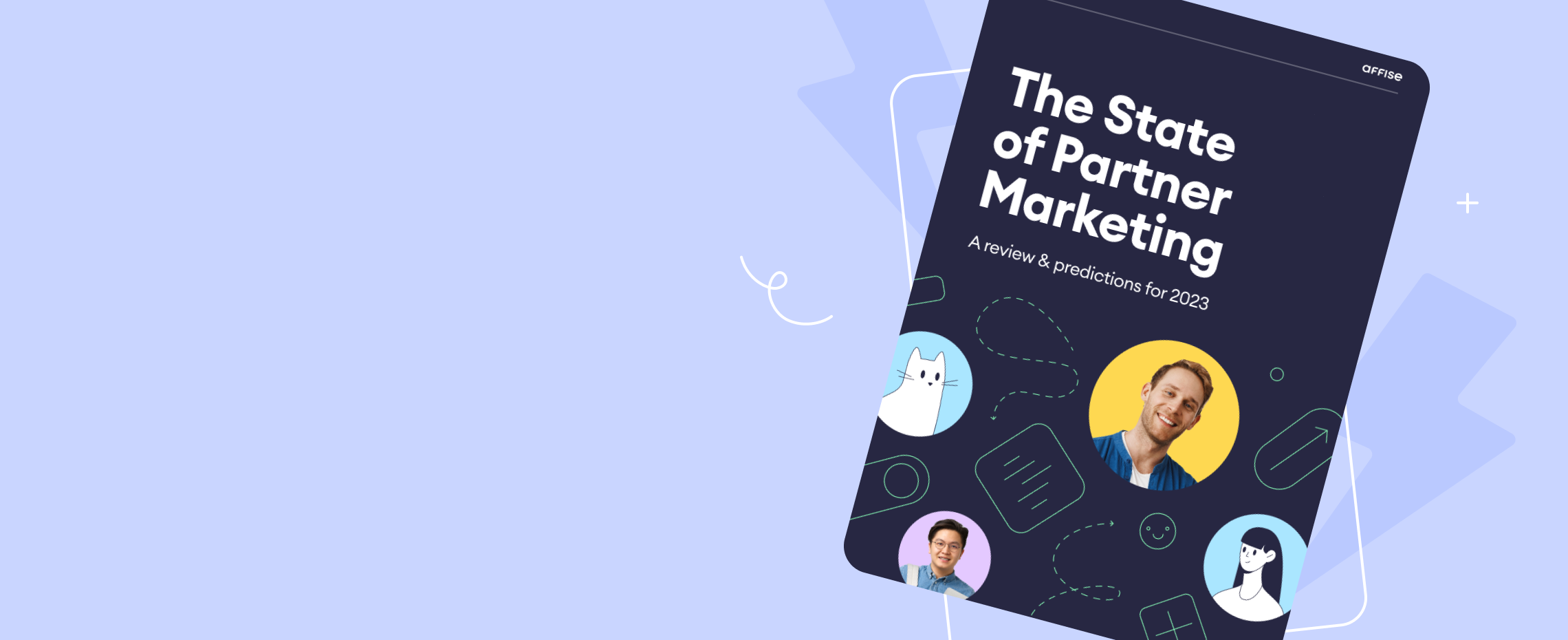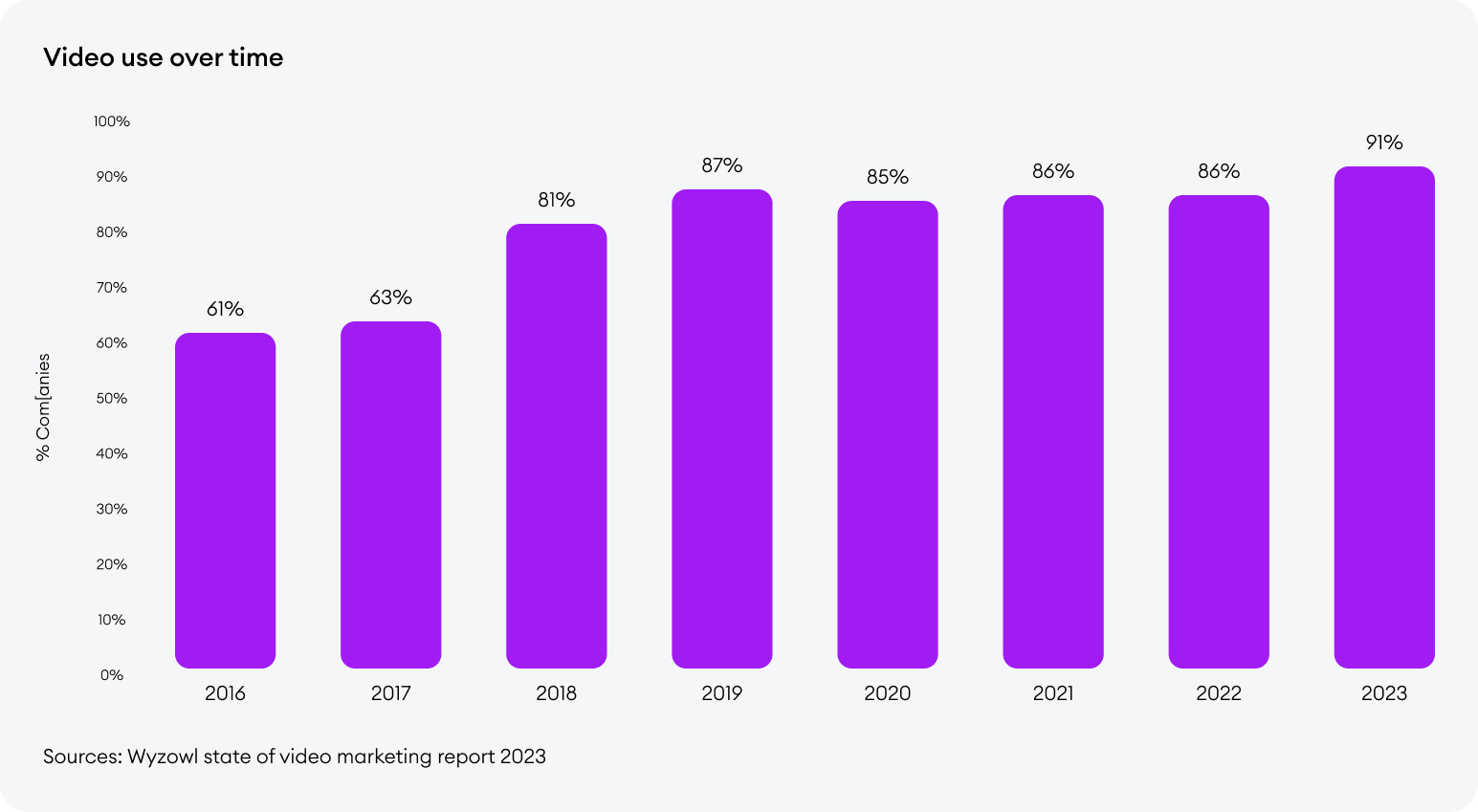Find the best GEOs driven by traffic insights
To navigate the economic downturn, digital marketers are looking to work with creators with similar demographics to their audience. Relying on segmentation is a way to maximize the high efficiency of every advertising dollar spent on campaigns this year.
Take into account that affiliate marketing is a worldwide trend. People in many different channels see this industry as a way to have a source of income despite the waves of crisis. For digital marketers and brands, finding new GEOs for their products or services is a challenge that comes with a great opportunity.
Each country has unique characteristics and requires specific research with various affiliate products and peculiarities; finding the most profitable niches and GEOs in affiliate marketing will be crucial to successful campaigns. The most efficient way to do that and generate the best niche ideas is to continually analyze current global trends and research. Although finding the best GEOs is not always easy, discovering new advertising opportunities will be essential in 2023.
Face the partner’s marketing fraud rates
Unfortunately, high rates of affiliate marketing fraud are not new, but they remain a cause for concern. Increasingly, fraudulent activities are using more creative methods to compromise the quality and results of affiliate marketing campaigns. As a result, digital marketers’ budgets are being depleted at a time when every dollar invested in marketing is crucial.
In Q2 2022, mobile advertising fraud rates increased globally. Among the four most widely used operating systems, Linux recorded the highest fraud rate in Q2 2022. It is not easy for digital marketers to detect fraudulent activity until it reaches a higher level. Therefore, this increases the importance of trustworthy tracking partnership solutions in 2023.
Cookieless future and the impact on digital marketing advertising and customer relationships
In 2023, Google Chrome, the most widely used browser with over 60% of the search engine market share, will also join other providers such as Apple, Firefox, and Brave in blocking third-party cookies by default. This change will significantly impact digital advertising, which relies heavily on these cookies for targeted advertising. However, even before that, research shows that consumers were already taking measures to protect their personal data, with 1 in 2 internet users regularly deleting cookies from their devices.
As a result of these changes, 71% of agency and brand executives are uncertain about what the future will bring, according to GWI. Building lasting customer relationships will become more important than ever in a cookieless future. Businesses must focus on delivering value to their customers and building relationships beyond a one-time purchase. This could include offering personalized recommendations, exclusive content, transparent data privacy, and secure communication.





















